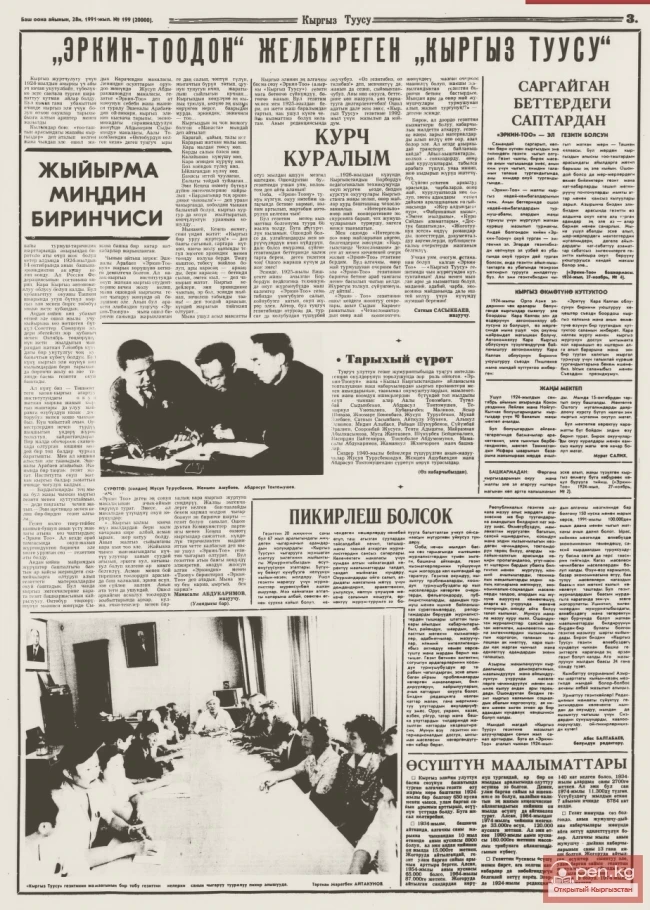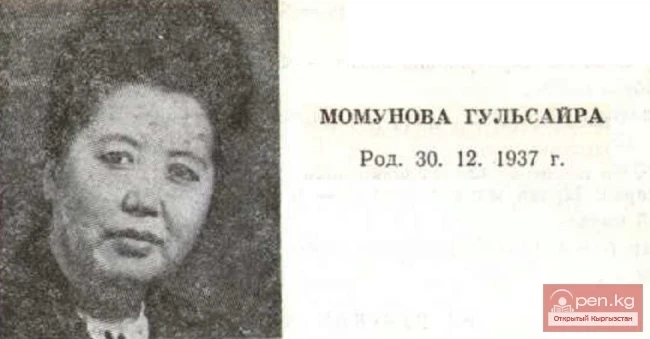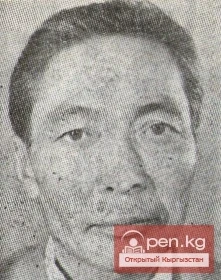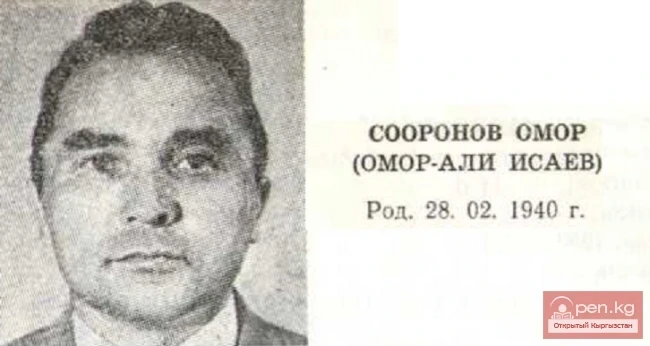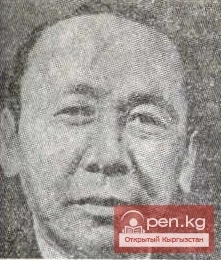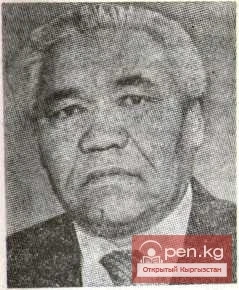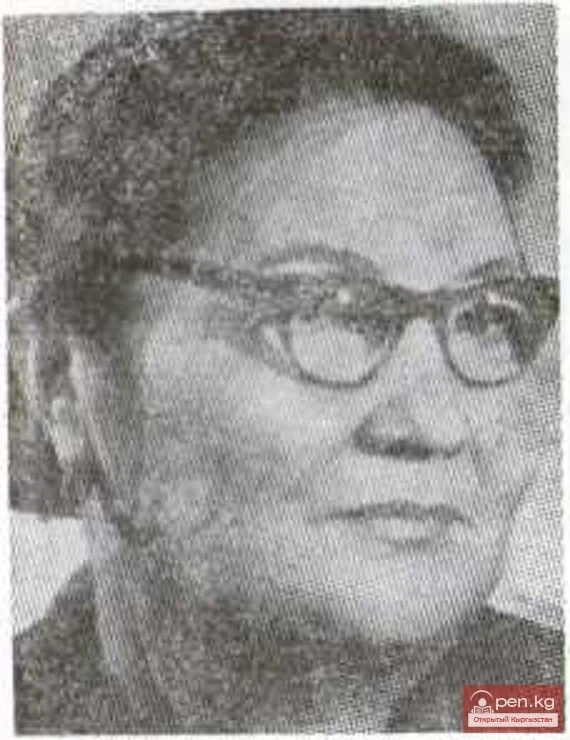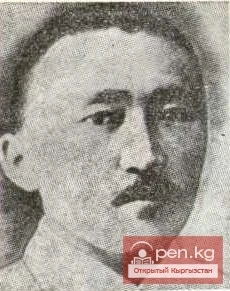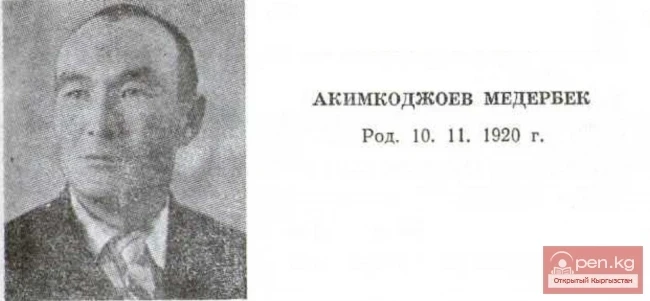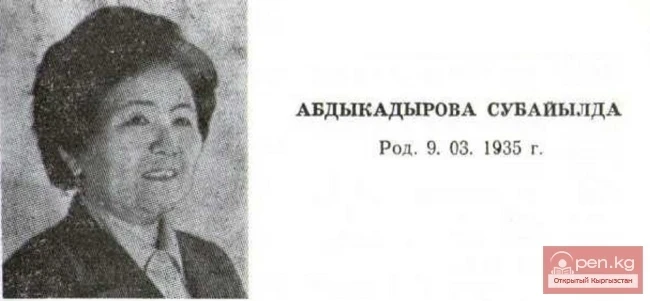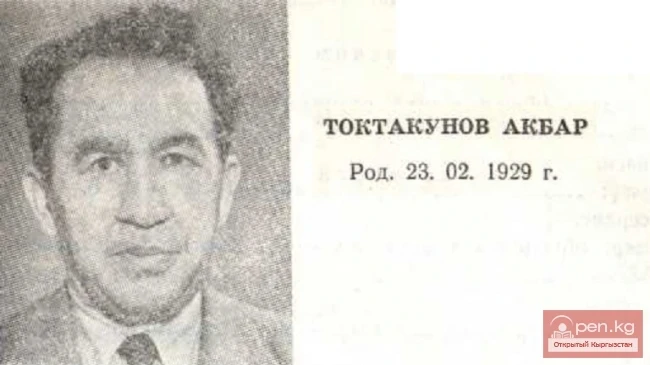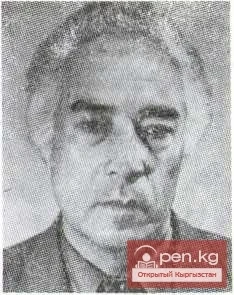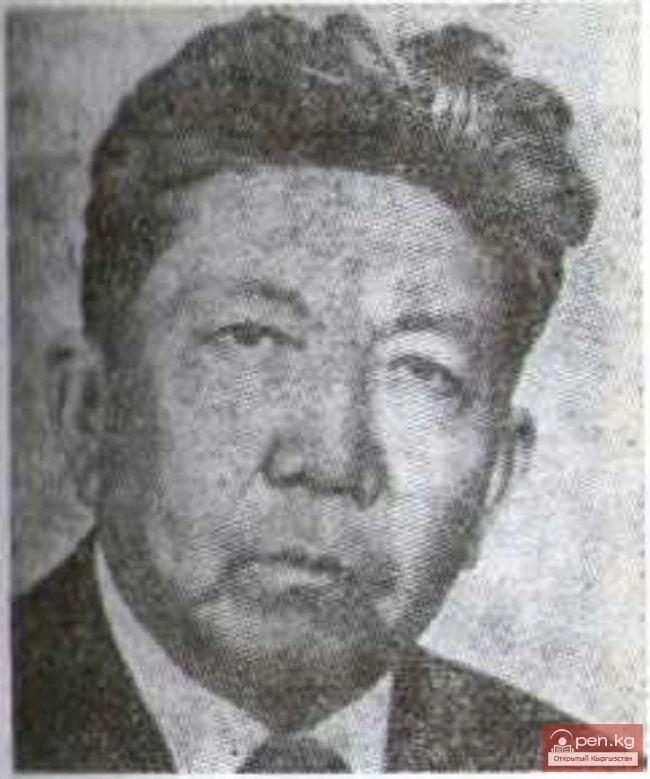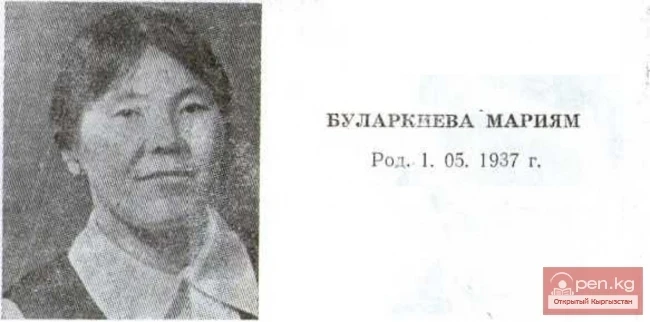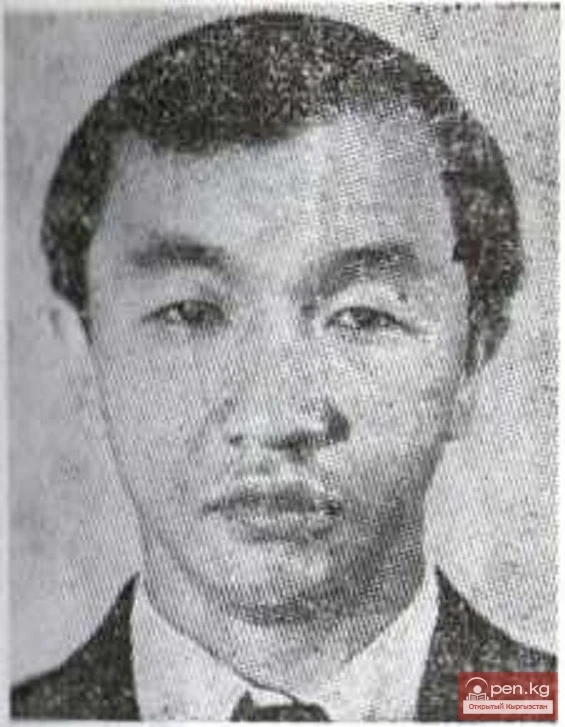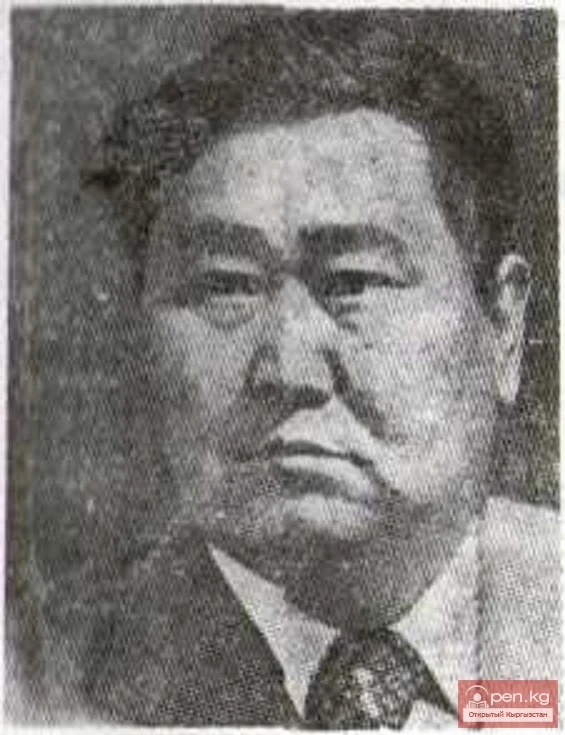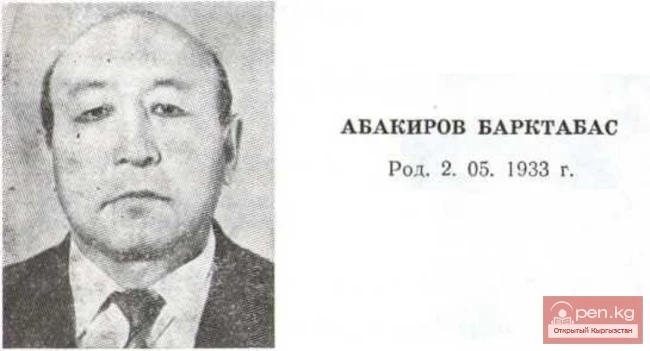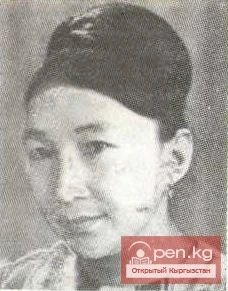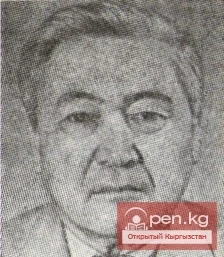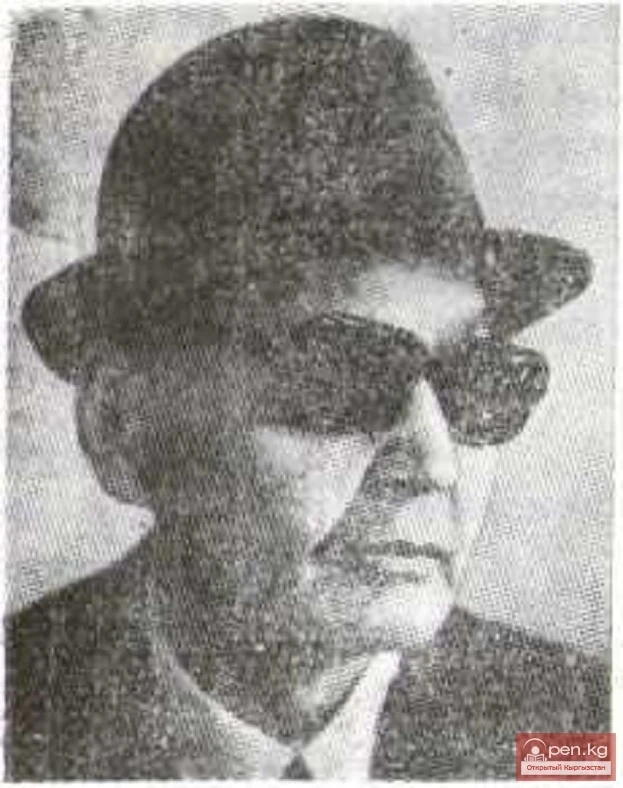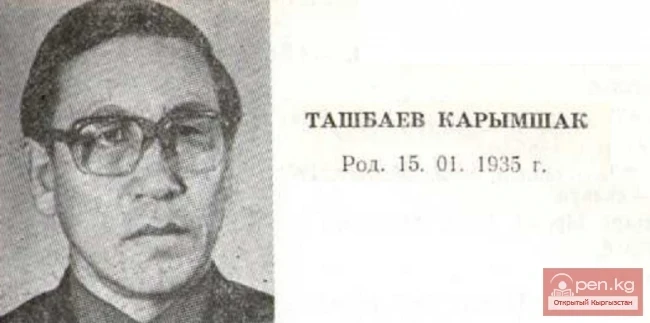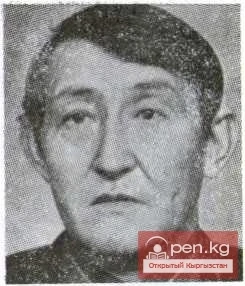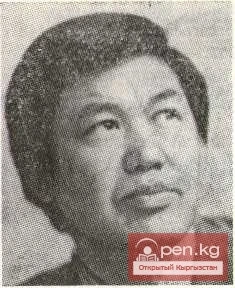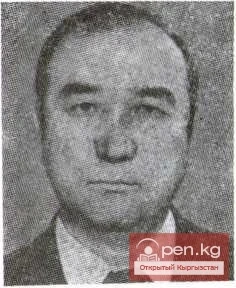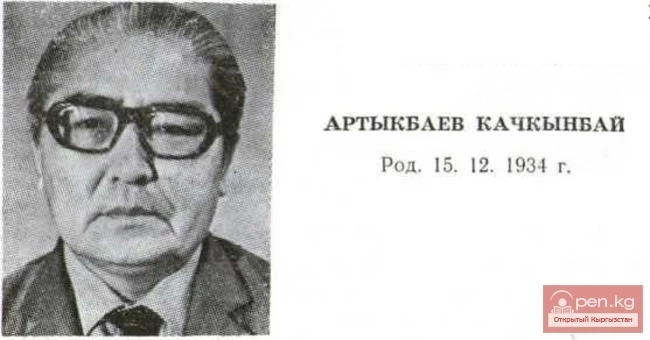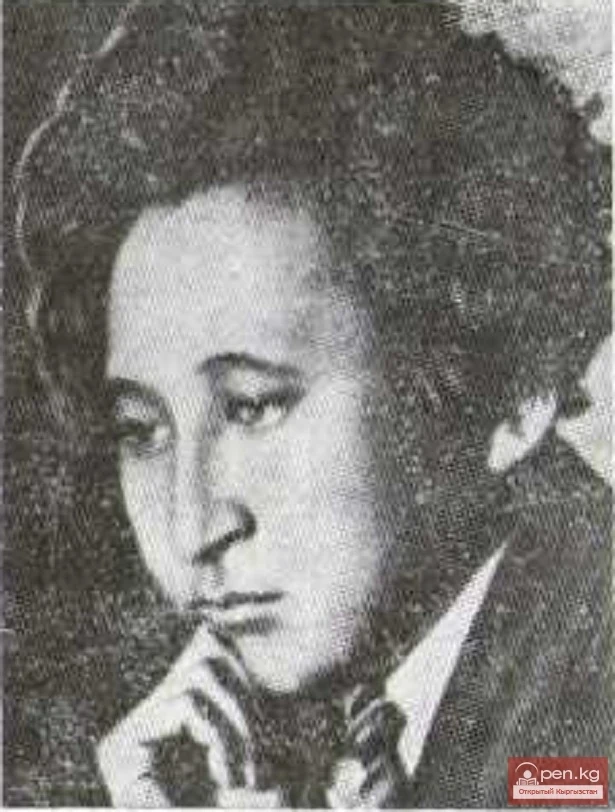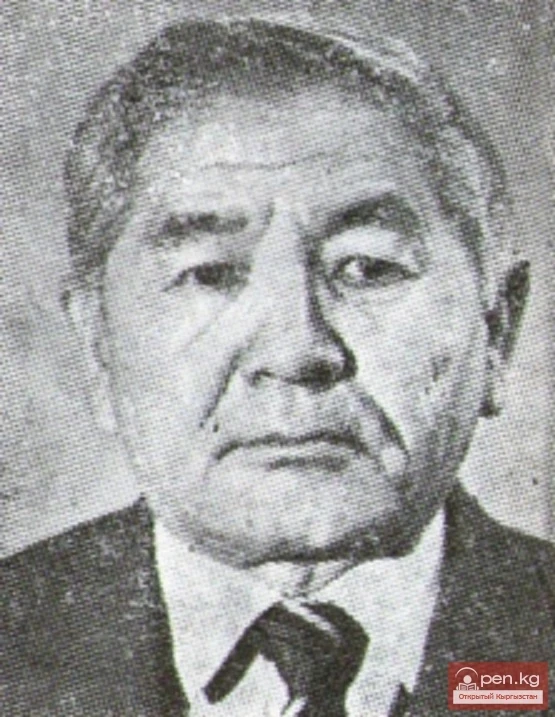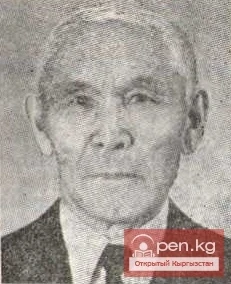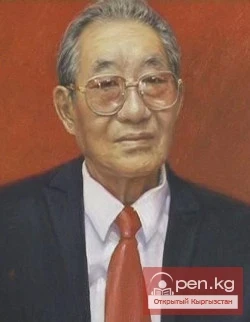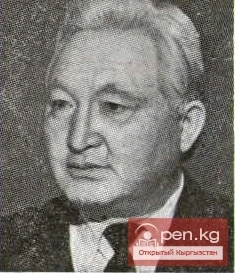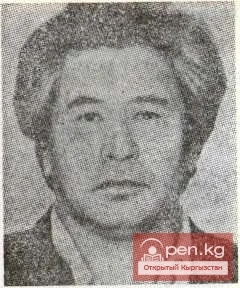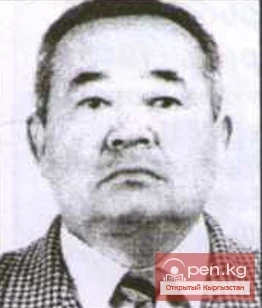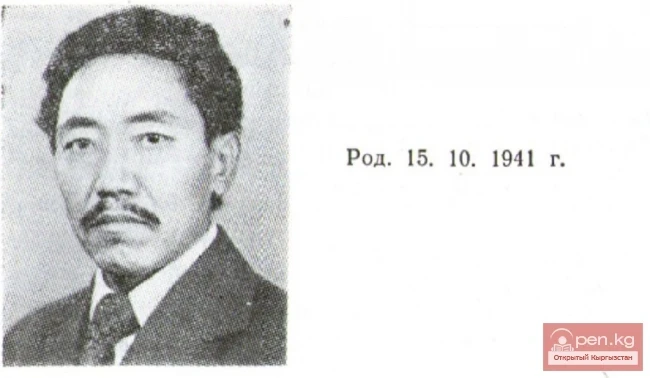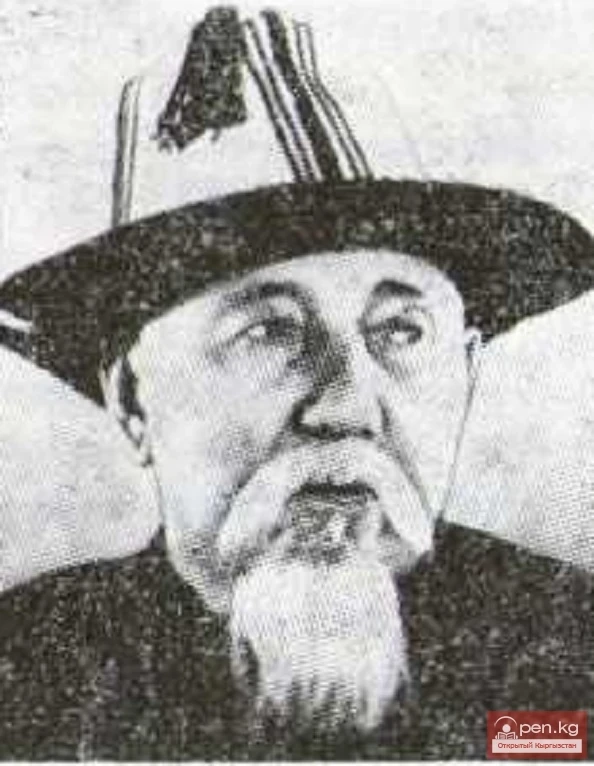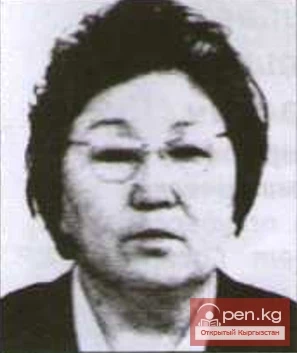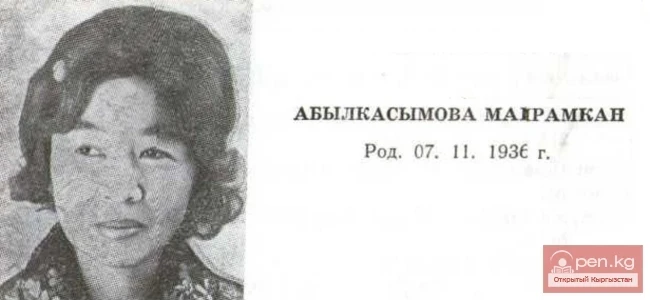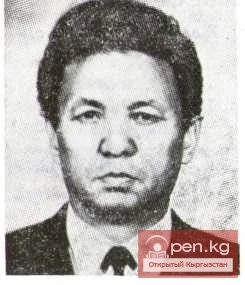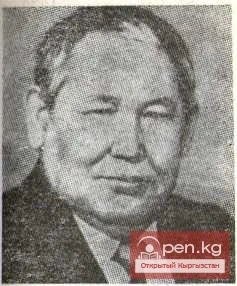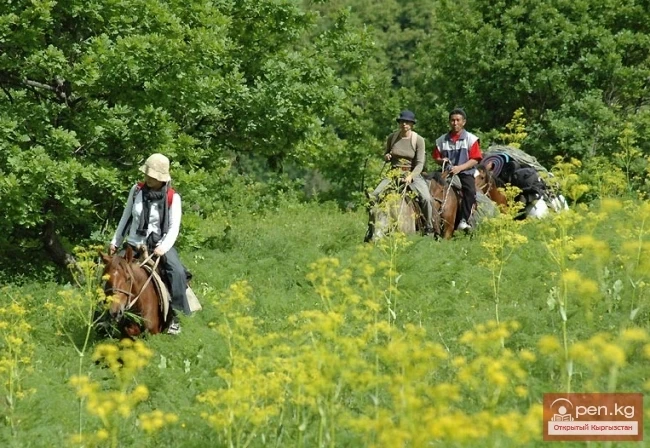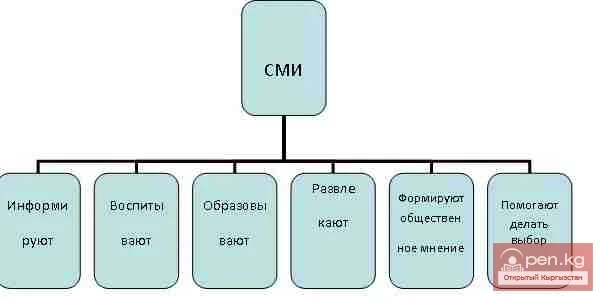
From the very first days of the establishment of print media in the country as a whole, as well as in each republic, party and Soviet organizations placed great importance on the formation and development of the mass movement of working and rural correspondents as a powerful support for the editorial offices of newspapers and magazines at the local level. This important work received a significant boost from the resolution of the Central Committee of the VKP(b) "Current Tasks in the Movement of Working and Rural Correspondents," adopted on August 27, 1926. It particularly emphasized the need for systematic leadership of the mass movement of working and rural correspondents by party organizations and the corresponding work of the editorial offices of newspapers and magazines. Thanks to this daily attention, from 1926 to 1930, the movement of voluntary assistants to the press noticeably intensified across the country. This was clearly reflected in the expansion of their national composition. While 14 nationalities participated in the work of the II All-Union Conference of working and rural correspondents in Moscow in 1924, the III All-Union Conference saw representatives from 21 nationalities, and the IV Conference had 86.
At the end of 1926, a republican congress of working and rural correspondents was held in Frunze, and in October 1927, a Central Asian congress of working and rural correspondents took place in Tashkent. These events widely discussed the state and tasks of developing this movement in the republic and the region, and decisions were made to further expand it. After this, departments for working with letters from workers, working, and rural correspondents were established in the editorial offices of newspapers and magazines everywhere. The flow of letters from readers increased in republican newspapers. They contained vital information about the activities of party, Soviet, economic, and public organizations at the local level, about taxes, land management for peasants, news of culture and the daily lives of the population, and matters of public education and services for people. Newspapers published 70% of letters from workers. The leadership of the republic demanded that party and Soviet administrative bodies treat critical statements from the press, as well as various signals from workers, with particular responsibility, taking necessary operational measures in response. All newspapers opened permanent columns: "By Readers' Letters," "The Newspaper Spoke, Measures Taken," and others, where messages about the effectiveness of critical and positive materials from periodicals were systematically published. At that time and in the following years, the attitude towards their critical statements was so strict, and respect for the printed word was so high, that in many people's commissariats, and later in ministries, special bureaus and groups were organized to investigate letters and critical materials published in newspapers and magazines, as well as those broadcasted on television and radio.
It should be noted that the construction of a new life in our mountainous region, as well as in other regions of the country, especially in the early days, took place under conditions of fierce resistance and armed conflicts from its opponents, representatives of the old world order. In this class struggle, journalists and working and rural correspondents were always at the forefront. Many of them became targets of various malicious fabrications from the enemies of the people's power, and some fell victim to armed clashes. In the memoirs of one of the first authors of printed publications in the republic, Kusein Karasaev, it is mentioned: "Working and rural correspondents in the 1920s and 1930s often signed their critical notes, reports, articles, and even poems with fictitious names and surnames; some of them, especially well-known writers and journalists, had pseudonyms and frequently changed them. Class enemies in several places killed active young rural correspondents. For example, in southern Kyrgyzstan, a Komsomol correspondent, Zhilkybaev, was killed by kulak mercenaries."
Of course, the editorial offices of newspapers and magazines, as well as radio, took every measure to protect their working and rural correspondents; they published their most acute materials under fictitious signatures or simply under the words: "Our correspondent." If working and rural correspondents found themselves in difficult situations or even in detention due to false accusations, or faced direct enemy attacks, the editorial offices immediately contacted the relevant party and Soviet public organizations, law enforcement agencies, and sought their swift exoneration and reliable protection.
Here is one such example from the history of Kyrgyz journalism in the 1920s. In 1927-1928, a student at the Osh Pedagogical Technical School (later a famous poet of Kyrgyzstan and one of the chief editors of the newspaper "Leninchil Zhas" and the magazine "Soviet Kyrgyzstan"), Joomart Bokonbaev, was an active correspondent for the newspaper "Kyzyl Kyrgyzstan." Under the pseudonym "Chirkay" ("Mosquito") in the satirical section "Chalkan" ("Nettle"), he published a critical article about the illegal actions of the judicial authorities in the Aylay-Gulchinsky district. The chairman of the district court, Korpobaev, upon discovering that the author of this correspondence was J. Bokonbaev, denied all the facts presented and attempted to have him expelled from the school. Then J. Bokonbaev moved to Frunze and, with the help of the editorial office, continued his studies at the capital's pedagogical technical school. This, of course, did not please Korpobaev: he sent fabricated materials to the republican law enforcement agencies. The student was taken into custody directly from the classroom. On the same day, Joomart's classmates came to the editorial office of the newspaper "Kyzyl Kyrgyzstan" asking to protect their comrade. Articles by the deputy secretary S. Karachev "Stop the Persecution of Correspondents" and by the chief editor A. Aiylchynov "Hands Off the Correspondent!" were published in the republican newspaper in an operational manner.
After such decisive statements from the newspaper, the relevant authorities conducted a serious investigation into the activities of the judicial organizations in the Aylay-Gulchinsky district, as a result of which some of the responsible workers, led by Korpobaev, were dismissed from their positions. J. Bokonbaev continued his studies at the technical school. This was a vivid example of how a working and rural correspondent received effective, real help from the editorial office.
In the history of Kyrgyz journalism, especially during the years of Soviet power, the work of editorial offices to increase the mass appeal of the media occupied a significant place.
For example, in 1928, the editorial office of the newspaper "Leninchil Zhas" celebrated the second anniversary of its publication. The event was held under the slogan: "Strengthen the connection of 'Leninchil Zhas' with its readers." The editorial office aimed to increase the newspaper's circulation from one thousand copies to five thousand. The newspaper published an article by K. Malikova "The Second Anniversary of 'Leninchil Zhas': Important Tasks," as well as poems by A. Tokombaev "Our Press" and J. Bokonbaev "Leninchil Zhas in Two Years."
The newspaper paid great attention to enhancing the effectiveness of its critical materials. Thus, in the article "The Newspaper's Word Must Not Go Unnoticed," the issue was raised that in several places, appropriate measures were not taken in response to critical statements from the newspaper. The newspaper appealed to the relevant organizations at the local level to fulfill their tasks imposed on them by the laws of Soviet power regarding the observance of Lenin's principles of popular and mass press.
After this, a permanent column was opened in the newspaper: "Working and Rural Correspondent, Know What and How to Write!" Under this column, various advice and recommendations were published for working and rural correspondents on actively participating in the work of the republican youth newspaper for several years. This indeed helped to increase the popularity of this publication among the population, the effectiveness of its materials, and the circulation.
In the USSR, including in Kyrgyzstan, the further development of the mass media, the movement of working and rural correspondents was significantly influenced by the resolution of the Central Committee of the CPSU dated June 28, 1960, "On the Further Development of Public Principles in Soviet Press and Radio." "The activation of the working and rural correspondent movement in recent years," it stated, "has led to a significant increase in the flow of letters from workers to newspapers, magazines, radio broadcasting, and television, which raise important state issues and present proposals that demonstrate the genuine interest of Soviet people in the development of industry, agriculture, science, and culture."
Considering that the comprehensive involvement of workers, collective farmers, and representatives of the intelligentsia in actively participating in the work of newspapers, magazines, radio, and television is an important means of further improving the activities of the press and broadcasting, the Central Committee of the CPSU approved the practice of organizing freelance departments in media editorial offices, working strictly on a voluntary basis, as well as working and rural correspondent and author councils.
Editorial offices of newspapers, magazines, committees, and radio and television editorial offices were instructed to prepare articles, reports, and other materials on issues of economic and cultural development with the help of freelance departments, working and rural correspondent and author councils, and freelance members of editorial boards, as well as to check letters from workers, discuss editorial work plans, and conduct reader and listener conferences.
After this, freelance departments, working and rural correspondent and author councils were established in all editorial offices of periodicals, television, and radio, whose members provided significant assistance to journalists in preparing materials, organizing discussions on various issues of production and public life in the pages of newspapers and magazines, in television and radio broadcasts, conducting reader and listener conferences, subscription campaigns, etc.
